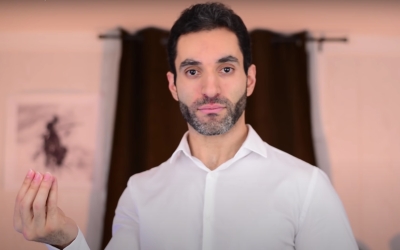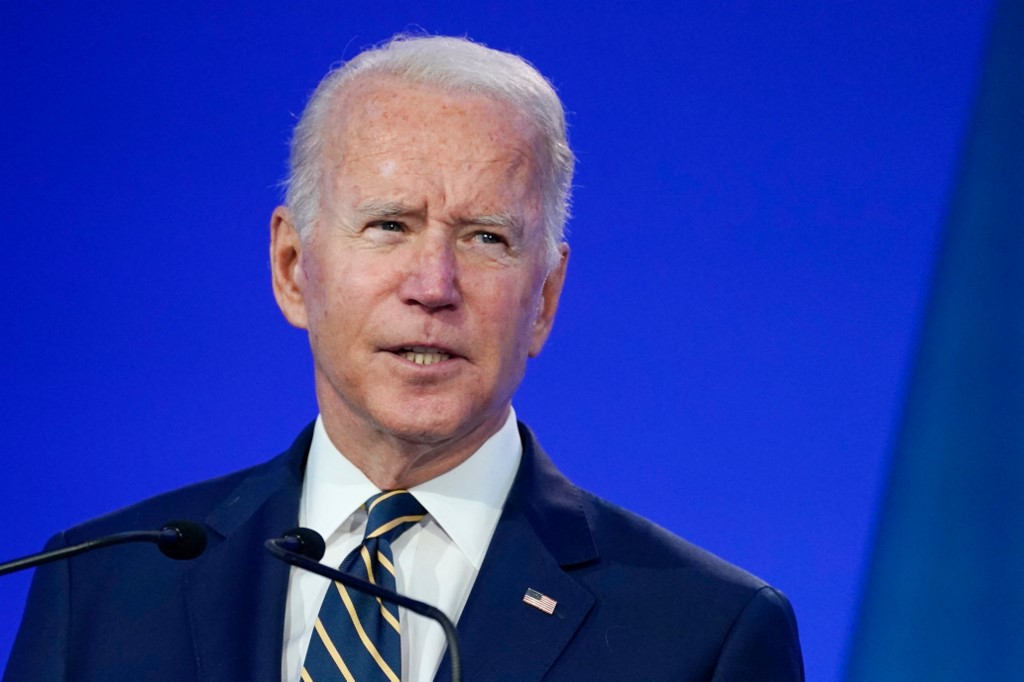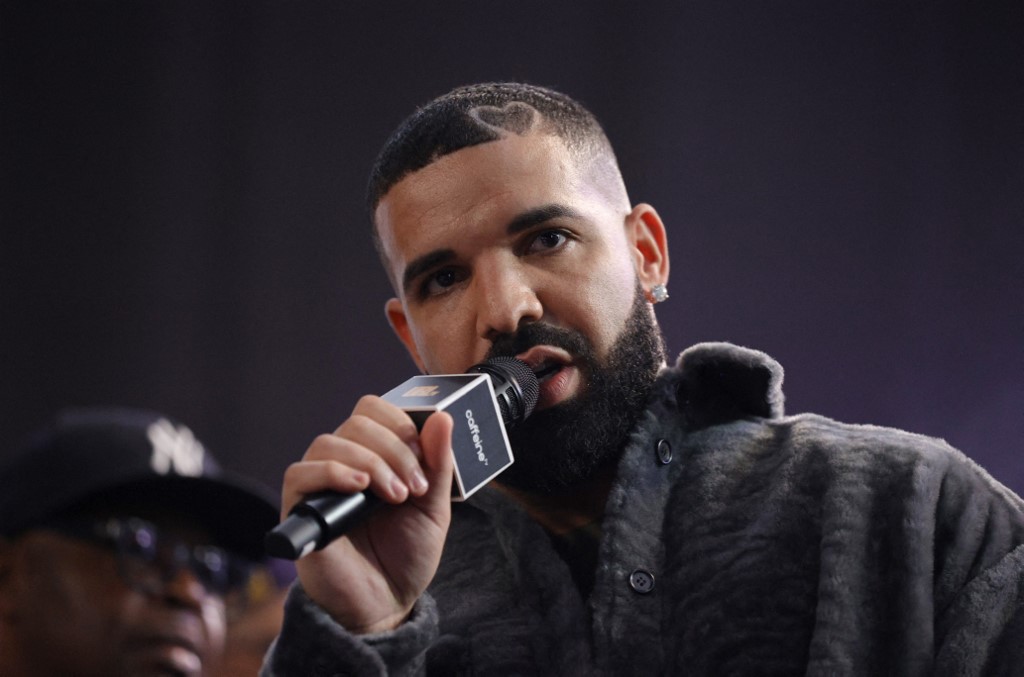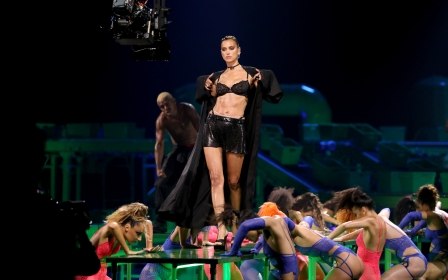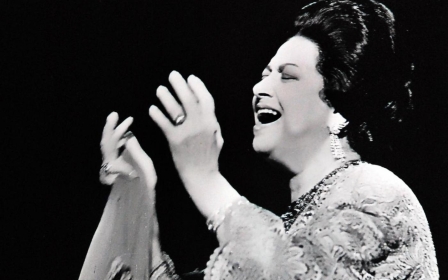Wallah, salam, inshallah: Five Islamic expressions that have gone mainstream
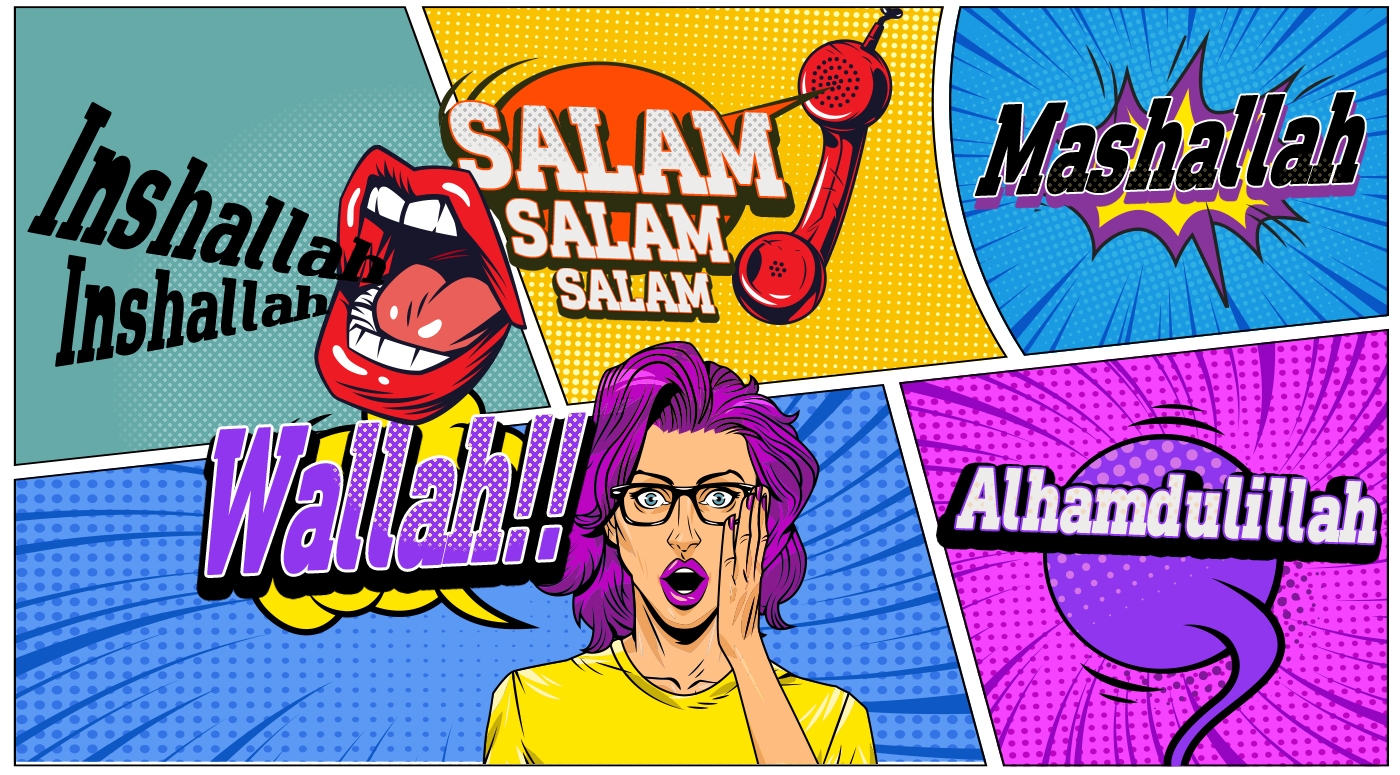
It's the kind of interaction that only makes sense in the social media era. A Dubai-based Tajik influencer, Abdu Rozik, congratulates Tyson Fury for his win on Instagram and the boxer, a devout Christian responds: "From one King to another! Mashallah."
The two-time world heavyweight champion has long included Islamic prayers in his pre-match build ups but his frequent use of Islamic vocabulary is no longer exceptional.
There was once a time when you might expect to hear Islamic expressions when eavesdropping on a conversation between Muslims or Arabs, or in sermons or state broadcasts in the Middle East, but coming across them in a rap song or during a football match is less rare than it was.
As Muslims and Arabs establish themselves across pop culture, as athletes and entertainers, they are bringing parts of their culture with them.
Ultimate Fighting Championship fighters like retired Russian champion Khabib Nurmagomedov, a Dagestani, are unashamed of their Muslim heritage and have made it a point to use Islamic expressions in interviews. So have footballers, such as Liverpool's Mohamed Salah, who often celebrates his goals by making the sujud, an Islamic prayer ritual.
Elsewhere, entertainers like DJ Khaled have taken on the challenge of teaching their fans Arabic words. In one viral clip the music producer demonstrates the Arabic pronunciation of the word baklava. Khaled's attempt, as earnest and valiant as it was, ends with a cacophony of guttural sounds.
Thankfully, other words and expressions are not as difficult to enunciate. Here Middle East Eye gives you a guide to some popular expressions, explaining what they mean and how they are commonly used.
1. Salam
Originating in Arabic, the word salam is one of the most widely used greetings across the Middle East and Islamic world, and is found as a loanword in languages as diverse as Turkish, Persian and Malay.
Literally meaning "peace", the word is a cognate of the Hebrew greeting shalom, as both Arabic and Hebrew are Semitic languages with a common ancestor.
In the Islamic context, salam is an abbreviated way of saying Assalamu alaikum, which means "Peace be upon you." For those who want to add an even greater degree of enthusiasm to their greeting, there is an extended version that goes Assalamu alaikum wa rahmatullahi wa barakatuh, which means "May the peace, mercy and blessings of God be upon you."
Muslims believe that their religion commands them to respond to greetings in equal measure or one better, and some even go as far as saying that it is a sin to ignore someone who greets them.
Today, variants of salam are widely used by non-Muslim and secular communities in the Middle East, as well as in countries where Muslims are in a minority.
The phrase was well known enough for Moroccan-American rapper French Montana to release a single titled Salam Alaykum (featured above).
2. Inshallah
US President Joe Biden made headlines for his sarcastic use of inshallah in a debate with Donald Trump in the run-up to the 2020 US presidential election. The expression is loaded with diverse connotations in the Islamic world, depending on the context in which it is used.
The expression inshallah means "if God wills" and is used by Muslims whenever they express their hopes for the future. It serves as a reminder of God’s control over the future, as well as mankind's inability to change what is destined.
In colloquial language, though, the expression is used as a deflection tactic, or to convey a lack of commitment to a plan. It is this usage that Biden was referencing in his debate with Trump, as inshallah has become a byword for things that are probably not going to happen.
In Muslim households, children often complain of their parents' use of inshallah in response to their requests, and the phrase effectively has the same meaning as "we'll see".
In other contexts, Canadian rapper Drake used inshallah in his 2018 song Diplomatic Immunity.
In 2017, the actor Lindsay Lohan posted a photo of herself on Instagram with the caption "inshallah" and no further context, leaving her fans perplexed. A year later, she used it again in a post mourning Saudi Arabia’s late King Abdullah, who died in 2015.
The song T5 by Swet Shop Boys (rap duo Himanshu Kumar Suri and Rizwan Ahmed) also opens with "Inshallah".
Paradoxically, this casual usage has not detracted from the phrase's religious importance. An observant Muslim will only omit to add inshallah to a definite plan by way of an oversight.
3. Wallah/ wallahi
The expressions wallah or wallahi are most commonly heard in heated conversations as assertions of honesty and exclamations of the truth of something seemingly improbable.
A commonly used term among London youths, irrespective of their ethnic background, wallah literally means "by Allah".
In casual conversation, asking someone to "Say wallah" is the functional equivalent of asking someone "Are you serious?"
As an oath-taking the name of God, religiously it is not meant to be used in casual proclamations but instead meant to convey the seriousness of a truth claim. By using the phrases, a person swears by God that what they are saying is the absolute truth. A claim should therefore be considered truthful by all those who hear it, and making false oaths is a major sin in Islam.
No stranger to Arabic vocabulary, Drake raps "this is a blessing, mashallah, wallahi, I swear my life story’s better than stories they telling about me", in his Sweeterman remix.
4. Mashallah
The expression mashallah means "it is what God willed" and is used to congratulate someone on their good fortune, and to protect others against the "evil eye".
Some believe that giving someone a compliment without uttering "mashallah" is a sign of envy and jealousy, and can cause harm to the person on the receiving end.
There is even a genre of memes captioned "when you don't say mashallah", which pokes fun at people's bad luck.
For Muslims, the phrase is a reminder that all good fortune ultimately derives from God, and a reminder to express gratitude and contentment with their condition.
But like other terms that appear here, it has seeped into popular culture and can even be found in song lyrics. Trinidadian-born rapper Nicki Minaj used the expression in her guest vocals for the 2017 remix of A$AP Ferg's Plain Jane, rapping: "Ride with Minaj, mashallah, check-in with me, then do your job."
5. Alhamdulillah
Muslims and Arabs use the phrase alhamdulillah to express contentment with their lot in life, and the term is roughly equivalent to "thank God". Literally it means "all praise is to God", and the opening chapter of the Quran, known as al-Fatiha or "The Opening", starts with the exclamation.
The expression is another reminder for believers that all good fortune comes from God, but it also has colloquial functions.
When a dinner host asks a guest if they would like more of something, responding "alhamdulillah" is a way of saying that they have had enough.
Fans of mixed martial arts (MMA) may be familiar with the term because of a Khabib Nurmagomedov interview in the run-up to his infamous encounter with Conor McGregor, a bout the Dagestani-Russian fighter won. The Irish fighter had spent much of the build-up taunting Nurmagomedov and his Islamic faith.
“Alhamdulillah," Nurmagomedov declared. "I know you guys don’t like this, alhamdulillah. Tomorrow night I’m going to smash your boy.”
This article is available in French on Middle East Eye French edition.
Middle East Eye delivers independent and unrivalled coverage and analysis of the Middle East, North Africa and beyond. To learn more about republishing this content and the associated fees, please fill out this form. More about MEE can be found here.


